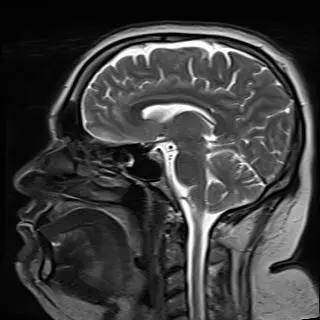…according to a Twitter post by the Chief Informational Security Officer of Grand Canyon Education.
So, does anyone else find it odd that the file that caused everything CrowdStrike to freak out, C-00000291-
00000000-00000032.sys was 42KB of blank/null values, while the replacement file C-00000291-00000000-
00000.033.sys was 35KB and looked like a normal, if not obfuscated sys/.conf file?
Also, apparently CrowdStrike had at least 5 hours to work on the problem between the time it was discovered and the time it was fixed.
The fact that a single bad file can cause a kernel panic like this tells you everything you need to know about using this kind of integrated security product. Crowdstrike is apparently a rootkit, and windows apparently has zero execution integrity.
This is a pretty hot take. A single bad file can topple pretty much any operating system depending on what the file is. That’s part of why it’s important to be able to detect file corruption in a mission critical system.
Ah, a classic off by 43,008 zeroes error.
Every affected company should be extremely thankful that this was an accidental bug, because if crowdstrike gets hacked, it means the bad actors could basically ransom I don’t know how many millions of computers overnight
Not to mention that crowdstrike will now be a massive target from hackers trying to do exactly this
Don’t Google solar winds
Oooooooo this one again thank you for reminding me
Holy hell
On Monday I will once again be raising the point of not automatically updating software. Just because it’s being updated does not mean it’s better and does not mean we should be running it on production servers.
Of course they won’t listen to me but at least it’s been brought up.
I thought it was a security definition download; as in, there’s nothing short of not connecting to the Internet that you can do about it.
Well I haven’t looked into it for this piece of software but essentially you can prevent automatic updates from applying to the network. Usually because the network is behind a firewall that you can use to block the update until you decide that you like it.
Also a lot of companies recognize that businesses like to check updates and so have more streamlined ways of doing it. For instance Apple have a whole dedicated update system for iOS devices that only businesses have access to where you can decide you don’t want the latest iOS and it’s easy you just don’t enable it and it doesn’t happen.
Regardless of the method, what should happen is you should download the update to a few testing computers (preferably also physically isolated from the main network) and run some basic checks to see if it works. In this case the testing computers would have blue screened instantly, and you would have known that this is not an update that you want on your system. Although usually requires a little bit more investigation to determine problems.
It makes me so fuckdamn angry that people make this assumption.
This Crowdstrike update was NOT pausable. You cannot disable updates without disabling the service as they get fingerprint files nearly every day.
I hear you, but there’s no reason to be angry.
When I first learned of the issue, my first thought was, “Hey our update policy doesn’t pull the latest sensor to production servers.” After a little more research I came to the same conclusion you did, aside from disconnecting from the internet there’s nothing we really could have done.
There will always be armchair quarterbacks, use this as an opportunity to teach, life’s too short to be upset about such things.
school districts were also affected… at least mine was.







